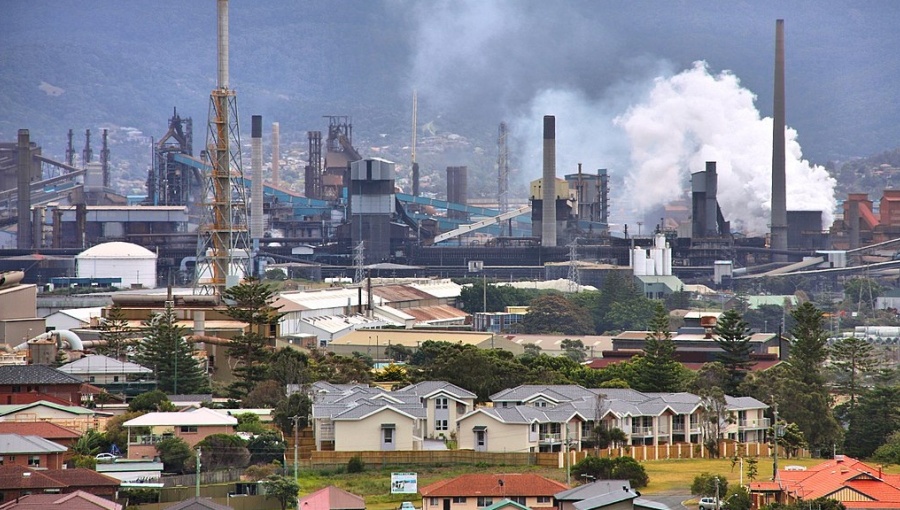Europe’s war on CO2 emissions goes global

The European Union has launched the first system anywhere to impose CO2 emissions tariffs on imported goods, including iron and steel, cement, aluminium, electricity and hydrogen. These are all carbon-intensive goods.
The 27-nation EU is attempting to prevent ‘carbon leakage’ and also foreign imports from slowing down its green transition.
The EU will not begin collecting any levies, known officially as the Carbon Border Adjustment Mechanism (CBAM), at its borders until 2026.
The beginning of this month was when the first phase of the programme started. The importer will have to report the embedded greenhouse gas (GHG) emissions during the production of the goods.
Starting in 2026, certificates will have to be purchased to cover the GHG emissions, to put foreign producers on a par with domestically produced goods, whose manufacturers must buy permits from the EU carbon market if and when they pollute.
If a carbon tariff has already been paid outside the bloc, then part of the CBAM levy will be deducted. This should prevent the World Trade Organisation from deeming the levies to be an illegal tariff.
The CBAM mechanism is to reduce pollution, discourage EU manufacturers from moving outside the bloc to circumvent its carbon market, and to level the playing field for homemade goods. The bloc is seeking to slash its net emissions by 55% by 2030 compared with 1990 levels.
"CBAM will encourage industry worldwide to embrace greener technologies," said EU Economy Commissioner Paolo Gentiloni in a statement. "It will also prevent so-called carbon leakage, or the relocation of production outside our borders to countries with lower environmental standards."
But trading partners are not happy. The top climate envoy in China, Xie Zhenhua, has called for no such unilateral measures such as the CBAM.
The US government has asked for its steel and aluminium exports to be exempt. In response, some EU countries criticised the US’s Inflation Reduction Act (IRA) of 2022 for the size of its tax breaks for domestically made green goods.
According to a report by the Carnegie Europe think-tank, the largest exporters to the EU are Russia, China, India, South Korea, Turkey, the UK, Ukraine and the US. It is not clear how hard each will be hit, because it depends upon how dependent they are on EU exports.
China, for example, is not that dependent. India recently announced its own carbon tax. And Turkey has ratified the Paris Agreement, in part because of the CBAM.


Follow us online